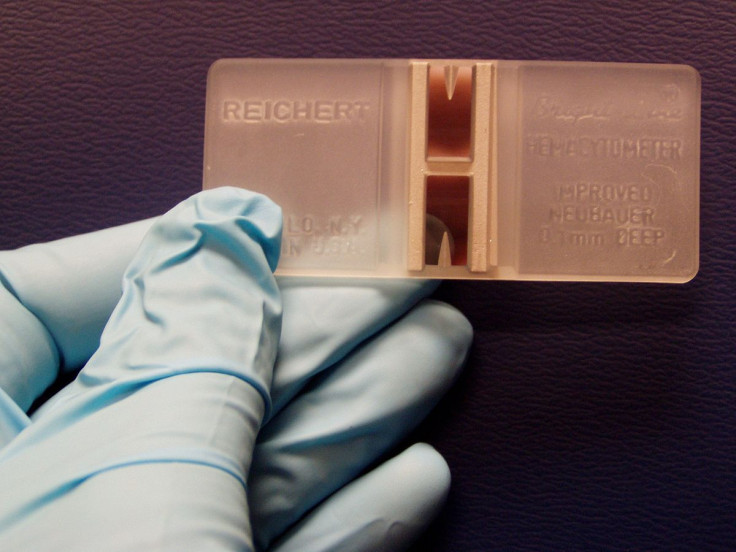Breast Cancer Chemotherapy Associated With Long-Term Changes In Immune System

A recent study published in Breast Cancer Research offers new understanding of the long-term effects chemotherapy has on breast cancer patients.
Current chemotherapy regimens include anthracyclines, (antibiotics), and taxanes, (plant-derived agents), to substantially reduce metastatic recurrence rates and increase overall survival, study authors wrote. While it's been established that chemotherapy can have a wide range of adverse effects on patients, such as decreased immune health, study authors found that prior research focused only on short-term effects. For example, lymphopenia, a condition marked by abnormally low levels of a lymphocytes, the white blood cell vital to immune function, has been known to develop during the months after chemotherapy. But less is known about whether or how these blood cells recover to pre-chemotherapy counts.
To see if they could paint a better picture, study authors used flow-cytometry to assess lymphocyte levels and phenotypes in 88 primary breast cancer patients scheduled for chemotherapy, and then again two weeks and nine months after their treatment. Flow-cytometry is a laser-based technology used to "analyze the physical and chemical characteristics of fluid particles." With it, authors could examine circulating lymphocyte subtypes, including B cells, helper T cells, and cytotoxic T cells, like CD4 and CD8.
The authors found that the levels of each lymphocyte subtype prior to chemotherapy were within the normal range in all cases — months after the fact was a different story. The lowered levels of most lymphocytes was only short term, but it took longer for B cells (which produce antibodies), and helper T cells (responsible for helping antibody production), to recover back to normal. These particular cells only partially recovered to around 65 percent of initial levels in the first six months, and then seemed to hold steady after that.
After B cells, levels of antibodies against tetanus and pneumococcus, (the bacteria behind pneumonia), were reduced and remained low as long as nine months after treatment, according to the study’s press release.
"We observed that chemotherapy caused short-term depletion of all main subtypes of circulating lymphocytes (3-6 months), and prolonged (>9 months) depletion of B and CD4," study authors wrote. "This is compatible with a previous smaller study showing sustained depletion of CD4, but not CD8 [and] T cells after [...] chemotherapy for breast cancer, although unfortunately B cells were not studied in this case."
Study authors added that these findings may inform new considerations for post-treatment care; these patients may be more prone to viral and bacterial infections, especially in the case of delayed B cell recovery. Similarly, authors said, "viral reactivation is relatively common in breast cancer patients during or shortly after chemotherapy, although this has not been related to depleted lymphocyte levels."
Outside of the actual treatment, certain lifestyle behaviors, such as smoking, also seemed to slow immune-fighting cells from properly recovering; levels among smokers only reached half of what they were before chemo, compared to 80 percent among non-smokers.
Study authors said that health care providers should keep the results of this research in mind when planning treatments for future breast cancer patients, and also called for more research to determine if better planning and post-chemo treatment can improve patient outcomes.
Source: Verma R et al. Lymphocyte depletion and repopulation after chemotherapy for primary breast cancer. Breast Cancer Research. 2016.
Published by Medicaldaily.com



























